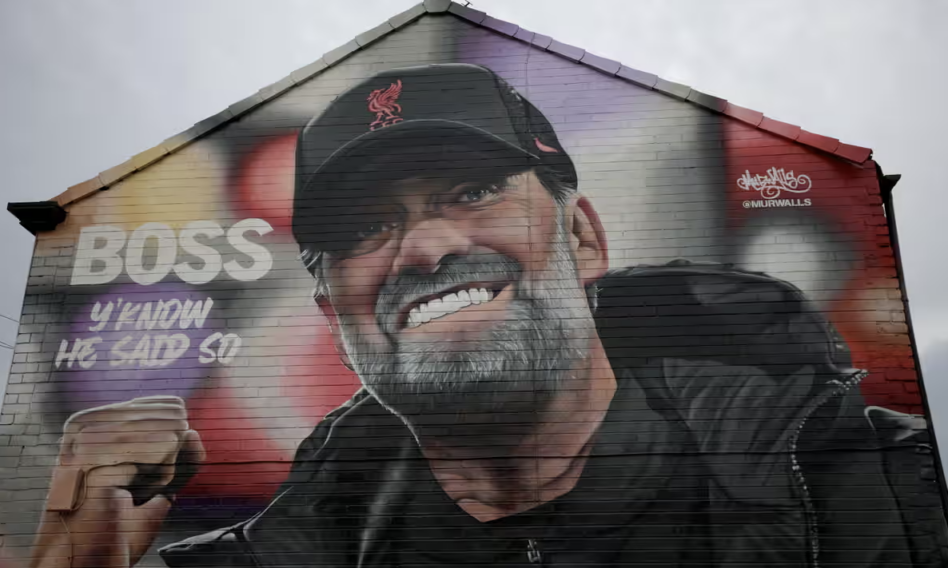By Sharina Ahmad
THE retail sector has started to feel the effects of the Covid-19 outbreak as more and more of our empty malls and stores close.
After the movement control order (MCO) is eased, more people come out of quarantine and there could be a “revenge spending” spree, at least among those who have the means to splurge but could not before.
Economists call the spending spree revenge consumption or revenge spending. It also refers to overindulgence in retail therapy by consumers who have missed shopping at their favourite outlets due to the lockdown.
According to a report, French high fashion luxury goods brand Hermes raked in a whopping US$2.7 mil (RM11.7 mil) the day it reopened its store in Guangzhou, China.
Meanwhile, according to the China Commerce Association for General Merchandise, about 90% of shopping mall counters surveyed said they were operating as usual, while nearly 80% of merchants reported customer foot traffic of 50% or more than before the Covid-19 outbreak.
In South Korea, shoppers were busy over the weekend as relaxed social distancing rules allowed them to return to large malls and department stores.
However, will revenge spending prove to be a saviour for the retail industry?
Malaysia Retail Chain Association (MRCA) president Datuk Seri Garry Chua told FocusM that the government has made the right decision to ease the MCO, allowing most economic sectors and business activities to resume operations subject to conditions and standard operating procedures.
“Although not all businesses are operating at one go, at least they can resume gradually. They need to be prepared before starting business and follow the standard operating procedures (SOPs) such as sanitising or disinfecting the premises,” he said.
However, the propensity to spend will be subdued since there has been no income since the enforcement of MCO, said Chua.
“We can’t expect the consumer to spend much for essential items. There are also other factors that can be considered such as value for money and discounted items which can help the business to improve. It can only improve and nothing more we can expect from it,” he claimed.
Retail design firm Visata Creative Sdn Bhd co-founder Timothy Liew opined that all retailers are starting to see the light at the end of the tunnel, in terms of businesses being allowed to resume their operations.
“However, there will indeed be a new normal in terms of customers coming into the store with the added safety and health checks required. As such, certainly, there will be customers who might not return so soon due to the long-term effects this pandemic has left on our psyche.
“Or to a certain extent, customers may see the added health and safety procedures as too much of a hassle and as such, they might want to stay away for the time being,” he told FocusM.
But generally, Liew said for most retailers it is better to be able to restart their business rather than continue to live in uncertainty.
Sunway Malls and Theme Parks CEO HC Chan said the company is expecting the post-MCO period to see pent-up demand lift the spend on non-essentials as only the essentials sector was allowed to operate during the MCO.
“Consumer spending is driven by sentiment, which is affected by domestic and global economic outlooks.
“This is a more important consideration as it will determine the traction and consistency of spending moving forward,” he said.
For the retail sector, Chan said the challenge is to keep innovating and delivering more valuable services to consumers for long-term sustainability.
Investment arm for the Selangor State Development Corporation (PKNS) Real Estate Sdn Bhd (PREC) CEO Fakru Radzi Ab Ghani said this period of time will somehow force all retailers who want to remain in business to embrace technology.
“Many retailers in Malaysia have yet to adopt technology in running their business. It’s no longer nice-to-have digital technology to assist in the business, it’s already a must!” he said.
Fakru Radzi said the situation will eventually go back to the normal of frequenting the mall because it’s embedded in the lifestyle of almost everyone. “With the population of Malaysia mostly made up of young parents, young executives, teenagers and children (making up 70% of the population), malls will continue to be relevant.
“For operators, this is also the time to make their mall virtual by creating a marketplace for retailers and customers to engage and do transactions.”
Getting back on track
To get business back in line, MRCA’s Chua said retailers have to be aggressive in marketing promotions to draw back some of the customers.
“The most determining is to practise social distancing. With that, you can never have the same capacity as before. They (businesses) might probably get 40% customers or 50% if they are lucky,” he said.
Visata’s Liew believed that quite a fair bit of retailers, especially food and beverage (F&B) outlets, will hold off on the dine-in option.
“Businesses need to ensure all customers and staff are masked up at all times and if possible gloved up as well and sanitisation of the whole retail space after operation hours daily as well as constant sanitisation of areas such as cashier counter, credit card machine, etc.”
He noted that the retail sector will not get a boost anytime soon and is forecast to face a long recovery and slow growth in sales for a minimum of six to eight months.
Sunway’s Chan said it is crucial for the mall to deliver consistency in spending rather than a few spikes for sustainability. “If malls are able to deliver what consumers want within the new normal, we will be able to see a quicker recovery.”
Chan, however, said the mall industry will recover only slowly and over a longer time frame. “How fast we can recover is dependent on how fast we can balance the revival of economic activity against health and safety priorities. For the entire nation to recover, everyone must work together.”
What will affect malls in the longer term is not just Covid-19 and the MCO but also the continued volatility in US-China relations and oil price slump which erode confidence as well.
“With this pandemic, everyone loses. Whether established malls have more advantage, we like to think that malls which are able to deliver what consumers want in the new normal will see recovery.
“Fundamentally, at the core, it should address the issue of matching supply with demand. Post Covid-19 will equally reveal new business opportunities, perhaps delivered differently. Sectors have to take this into account and see this possibility,” said Chan.
Other than that, he said the company is working closely with its tenants on how to manage their operating costs. “While we have addressed rental costs, our focus now is on how to help them manage wages and utilities. In that aspect, Sunway Malls has offered the option for non-essential retailers to trade on flexi-hours.”
He highlighted that the most important task is to cultivate, collaborate and communicate the intensified safety measures to impress upon the singular message of safety in its malls, with the collective working population of 12,000 tenants and Sunway Malls staff.
PREC’s Fakru Radzi noted that the retail industry will see full recovery only when a Covid-19 vaccine is developed and people have no fear of going out again.
“Mall operators and retailers will want to see customers return to the mall as their third place of destination.
“However, with the commitment to social distancing to continue until a vaccine is found, we would expect the change in customer behaviour. Customers will be more focused and would be more able to navigate to the place they want to go to. At the same time, we would not expect any huge gatherings or outings from the customers,” he said.
According to Fakru Radzi, all restaurants are allowed to open during this conditional movement control order (CMCO) period, but implementation is different depending on the state government guidelines.
“All premises in Kuala Lumpur are allowed to have dine-ins, but in Selangor it is only drive-through and take away. Most of the state governments are observing the impact of this CMCO on KL, which has relaxed the MCO.
“The majority of other retail businesses are allowed to open, except for those which cannot implement social distancing like barbershops and fitting tailor shops.” — May 5, 2020









